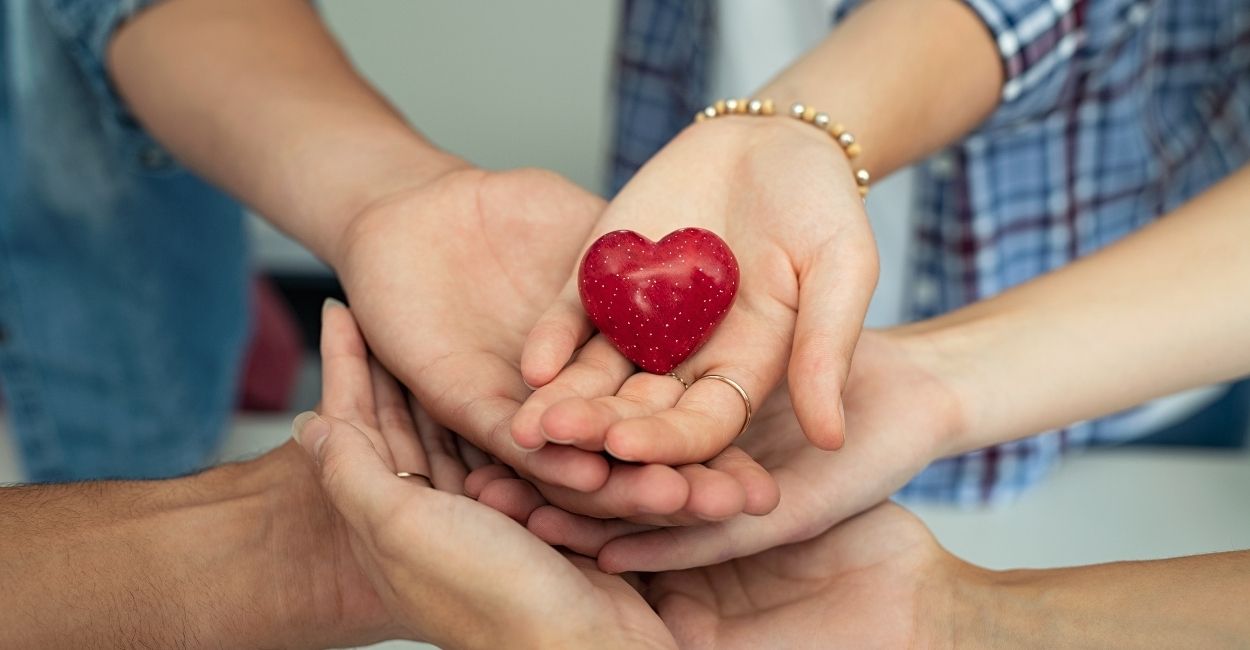How To Keep A Relationship Alive: A Guide for Indian Youth
Introduction
Have you ever felt that spark fading in your relationship, like the last flicker of a fire? You are not alone. Most young people experience this at some point, especially in today’s fast-paced world where academic pressure, family expectations, and social media create a whirlwind of challenges. Keeping a relationship alive may seem daunting, but it is crucial for your happiness and emotional well-being. In this blog post, we’ll explore how to nurture your bond and ensure it flourishes, especially for Indian youth aged 16–30.
What is Keeping a Relationship Alive?
At its core, keeping a relationship alive means actively working to nurture and sustain the emotional bond between partners. This involves open communication, mutual respect, and shared experiences.
Relatable Example: Think of a relationship like a plant. A little water, sunlight, and care can help it flourish. On the other hand, neglecting it can lead to its slow demise. Just like you give your time and effort to succeed in college or hobbies, relationships require similar attention to thrive.
Signs Your Relationship May Need Attention
Emotional, Physical, and Behavioral indicators can help you gauge the state of your relationship.
Emotional Signs:
- Constant misunderstandings or arguments
- Feeling distant or disconnected
- Less emotional intimacy (e.g., cuddles, heartfelt conversations)
Physical Signs:
- Reduced physical affection (hugs, kisses)
- Lack of enthusiasm in spending time together
Behavioral Signs:
- Avoiding each other’s company
- Prioritizing friends or personal interests over the relationship
- Disinterest in shared activities
Causes of Relationship Strain
Several factors may contribute to the struggles in relationships among Indian youth:
- Educational Pressure: The stress of exams and academic performance can overshadow your personal life.
- Family Expectations: Traditional family values often impose expectations, leading to conflicts in personal relationships.
- Body Image Issues: Social media can distort your self-image, making you or your partner feel insecure.
- Friend Circle Influence: Peer opinions may create pressure, leading to misunderstandings or negative comparisons.
Effects of Relationship Strain
When relationships falter, it can take a toll on various aspects of your life:
- Mental Health: Anxiety and depression can rise when your emotional support is lacking.
- Social Life: You might withdraw from friends or social activities, fearing judgment or misunderstanding.
- Academic Performance: Distracted by relationship issues, your focus on studies may suffer, leading to poor grades.
Example: Consider a student who starts to perform poorly in class because they’re continuously worried about their relationship. This not only affects their grades but also adds to their anxiety, creating a vicious cycle.
How to Deal With Relationship Strain: Coping Mechanisms
Here are practical self-help tips to keep your relationship alive and thriving:
-
Open Communication: Always express your feelings and concerns. A simple “How was your day?” can open up paths for deeper conversations.
-
Quality Time: Plan regular date nights or engage in shared hobbies. Whether it’s cooking together or watching a movie, quality time matters.
-
Practice Mindfulness: Incorporate meditation or yoga to help calm your mind and manage stress. It improves focus on the present rather than worrying about issues.
-
Journaling: Write down your thoughts and feelings. This can help you process emotions and clarify what you want from your relationship.
-
Emotional Support: Seek out friends or family who can lend a sympathetic ear. Sometimes, discussing your issues with a trusted friend can provide a fresh perspective.
-
Healthy Lifestyle: Exercise and eat well. A healthy body contributes to a positive mind, making conflict resolution easier.
-
Celebrate Small Wins: Acknowledge each other’s efforts, no matter how small. A simple “Thank you for doing that” goes a long way in strengthening bonds.
-
Set Boundaries: Know when to take a step back to recharge emotionally, especially if things feel overwhelming.
When to Seek Help
If your relationship struggles are affecting your mental health, it’s okay to seek professional help. A counselor or therapist can offer tools and strategies tailored to your situation. Remember, asking for help is a sign of strength.
Conclusion
In a world full of distractions and demands, nurturing your relationship may feel like an uphill task. However, with open communication, shared experiences, and a little effort, you can keep that spark alive. Remember, you are not alone in this journey; countless others feel the same way, and things can improve. Embrace the challenges with love, and watch your relationship flourish!
Feel empowered to take the first step today – your bright and loving future is just around the corner!


